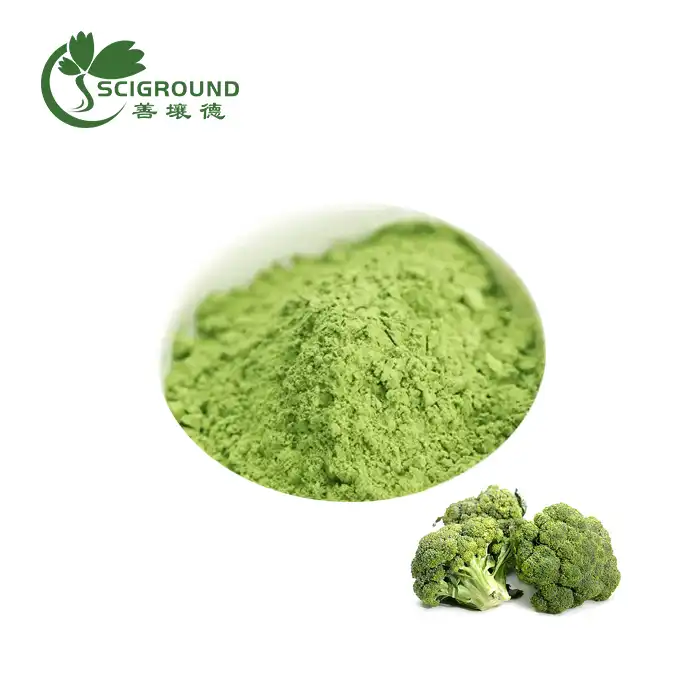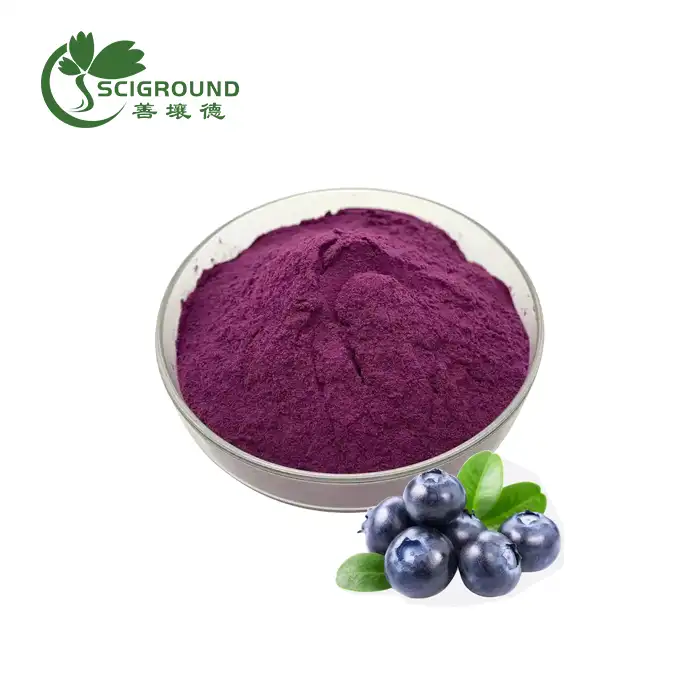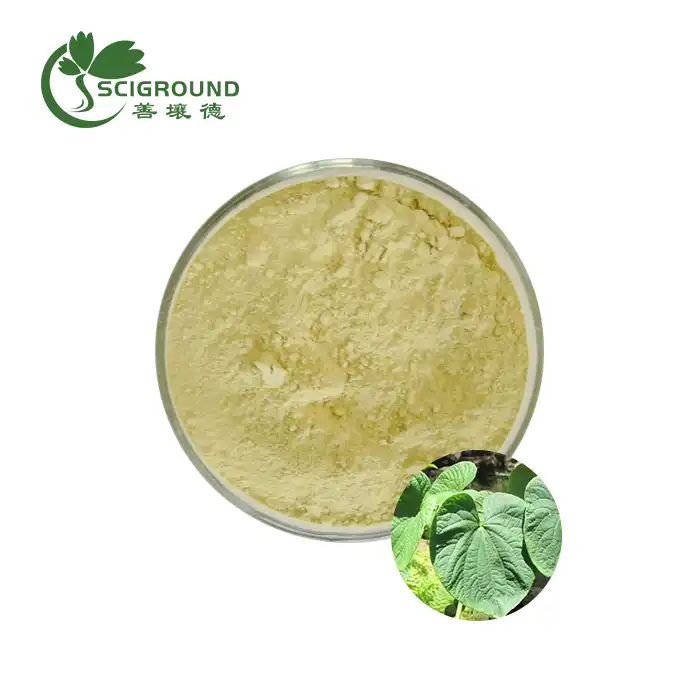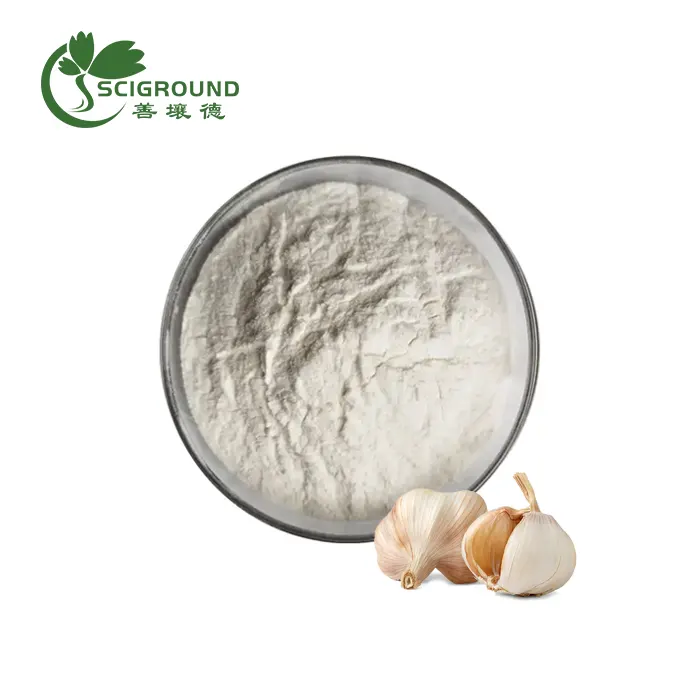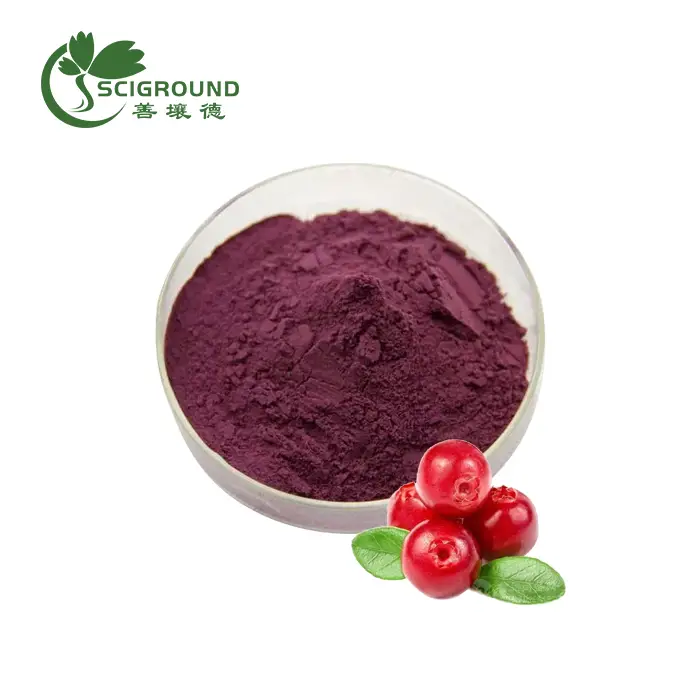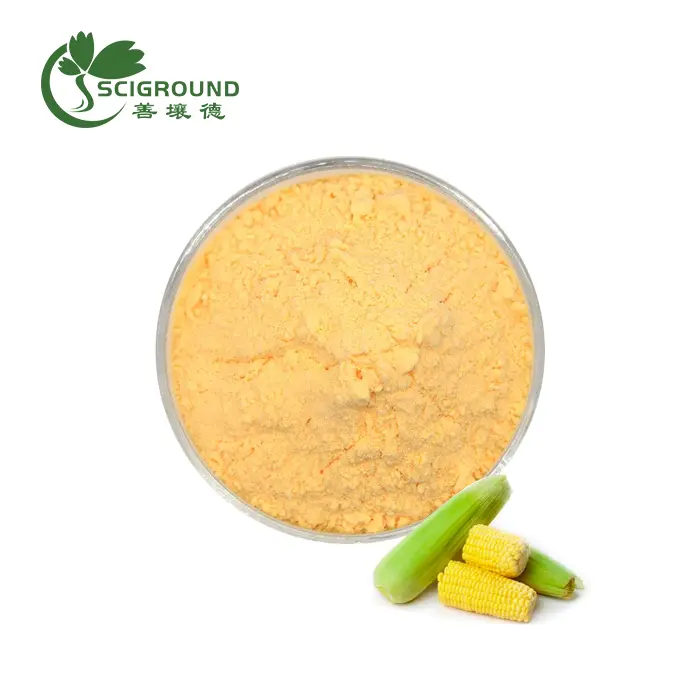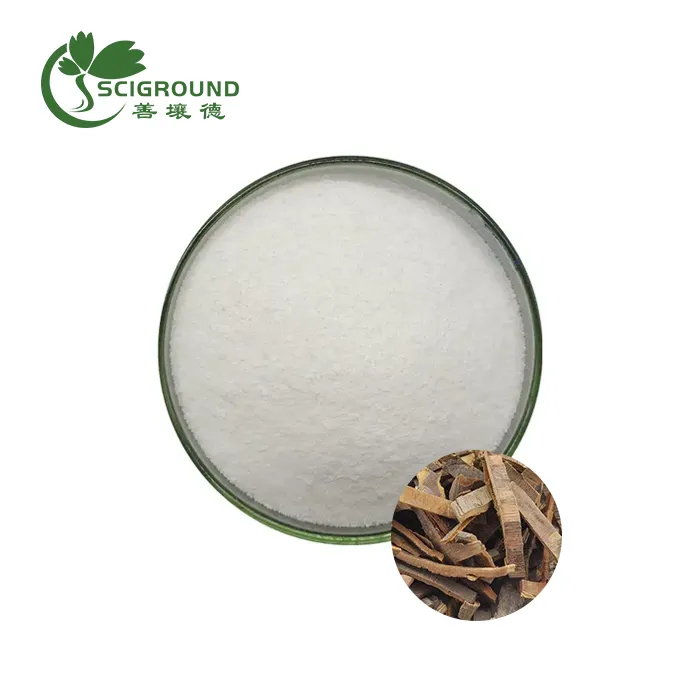What is Inulin?
Inulin is a type of soluble fiber that is considered a "prebiotic." This means it acts as food for the beneficial bacteria in your gut. Inulin is found naturally in many fruits, vegetables and herbs.
Specifically, bulk inulin is made up of chains of fructose molecules. The inulin molecule ends with a glucose molecule. The length of the fructose chain determines whether it is classified as inulin or fructooligosaccharide (FOS).
Inulin ranges from 2-60 fructose units long, while FOS is shorter at 2-10 units. Both provide prebiotic benefits, however.
Inulin is commonly extracted from chicory roots. This root contains the highest concentration, up to 80% inulin content. It can also be derived from Jerusalem artichoke, garlic, onions, wheat, bananas, and other plants.
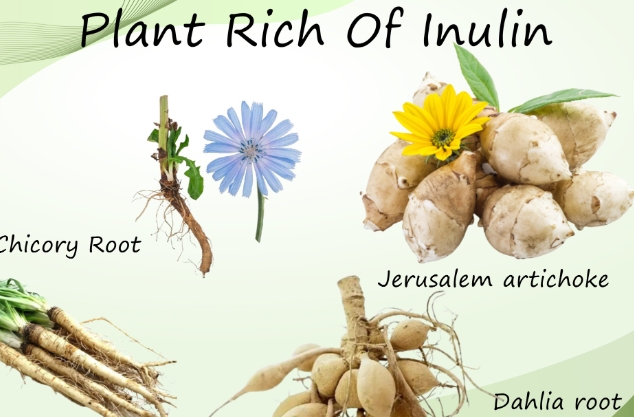
What is Inulin Used For?
There are several evidence-based health benefits associated with inulin consumption:
Promotes digestion - Inulin feeds good gut bacteria like Bifidobacterium.
Boosts immunity - By improving gut health and microbial balance.
Increases mineral absorption - Especially of calcium and magnesium.
Aids blood sugar control - Inulin may help stabilize blood sugar.
Encourages weight loss - By promoting feelings of fullness and reducing appetite.
Due to these benefits, inulin is added to many foods and supplements for its nutritional value.
What is inulin used for in food
Inulin powder - Made from extracted chicory root. Used in protein powders, meal replacements, nutrition bars, and more.
Inulin fiber - Added to foods like cereal, bread, pasta, and crackers to increase fiber content.
Inulin syrup - Used as a sweetener and fiber source in foods. Replaces sugar or high fructose corn syrup.
Longer- chain inulin has a delicate mouthfeel, so it’s frequently used to help reduce the fat content in products. Short- chain inulin( FOS) tastes slightly sweet, so it’s used to help reduce some of the sugar and sugar backups in foods and potables. Inulin supplements and some foods and potables will use a mix of short- and longer- chain inulin. These composites are also generally used in exploration.
Digestive pros and cons
Chicory root fiber passes through your small intestine and also is instigated by the bacteria in your large intestine. As noted over, taking in too much too snappily can lead to digestive discomfort which can be with any fiber. In addition, some people feel to be more sensitive to inulin and FOS than others, and may need to limit their consumption.
Wholesale inulin does have some digestive benefits. A mix of short- and long- chain inulin has been shown to reduce discomfort and help with constipation. The fiber increases the quantities of salutary Bifidobacteria and Lactobacilli bacteria in the gut. The European Food Safety Association has approved the claim that consuming at least 12 grams of chicory inulin or FOS a day eases constipation.( There is n’t enough exploration to state this about GOS.)
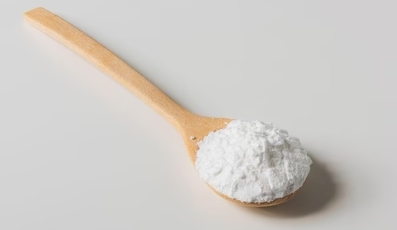
Is Inulin a Type of Sugar?
Though inulin is composed of fructose molecules, it is considered a non-digestible carbohydrate or fiber, rather than a sugar. This is because the fructose molecules are linked by beta bonds, unlike the alpha bonds in sucrose. As a result, the human body cannot break down inulin into simple sugars. The fiber passes undigested through the upper GI tract.
Once in the colon, inulin acts as a prebiotic to feed beneficial colon bacteria. It does not raise blood sugar or provide calories like a typical sugar or carbohydrate.
Proven Health Benefits of Inulin
Here is a closer look at some of the top scientifically-proven benefits of getting more inulin in your diet:
1. Digestive Health
Inulin functions as a prebiotic, meaning it feeds the good bacteria in the gut such as Bifidobacterium species. Studies indicate inulin supplements increase populations of these healthy bacteria.
This beneficial effect helps maintain an optimal balance of bacteria. It also acidifies the colon, making it less hospitable for harmful bacteria. Together, these effects support digestive health.
2. Immunity
By promoting good gut health and microbial balance, inulin helps boost immunity. Much of the immune system resides in the gut microbiome. Inulin’s ability to increase populations of beneficial bacteria strengthens this gut-immune connection.
Some studies also find inulin directly stimulates immune cell production to fight infections and disease.
3. Mineral Absorption
Inulin has been shown to increase the absorption of calcium and possibly magnesium in the colon. Short-chain fatty acids created during its fermentation lower colon pH, which facilitates increased mineral uptake.
One study in adolescents found that consuming 8 grams of inulin daily increased calcium absorption by up to 20% compared to a control group.
4. Blood Sugar Control
Some research indicates bulk inulin powder may help regulate blood sugar levels by slowing digestion of carbohydrates. Slower digestion prevents spikes in blood glucose.
A study in diabetics found those who took 10 grams of inulin with their breakfast had significantly better blood sugar control compared to a placebo group.
5. Weight Loss
Though inulin is low in calories, it expands in the gut to provide a feeling of fullness. This can help curb appetite and reduce calorie intake throughout the day.
Some studies also show inulin may alter levels of certain appetite hormones in ways that decrease hunger and promote satiety after meals.
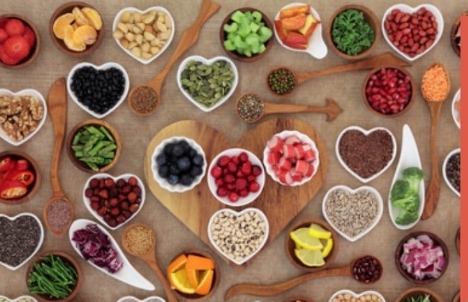
Natural Sources of Inulin
Here are some of the best dietary sources of inulin:
Chicory root - Highest concentration, up to 80% inulin
Jerusalem artichoke - 16-20% inulin
Onions - 1-10% inulin
Garlic - Up to 6% organic inulin powder bulk
Asparagus - 2-3% inulin
Bananas - 0.3-0.7% inulin
Oats - 0.1-0.4% inulin
Try adding these foods to your diet more often to increase inulin intake and its associated health benefits.
What is Inulin Syrup?
With all the praise directed toward pure inulin powder, perhaps it's surprising that its liquid cousin—inulin syrupt—remains widely unknown. However, this sweet solution continues to gainpopularity among both companies and health conscious populace seeking alternatives to refined honey, agave nectar, maple, and coconut tree fruit variants. Similar reasoning applies when considering its usages.
Since inulin syrup closely resembles several sensorial attributes to corn syrup, such as flavor profile, color, viscosity and transparency, formulators can directly replace part or allcorn syruplwhile avoiding affecting the desired consistenciryness and palatability profile commonly expected frthe targetapplication, i.e., ice creams, yogurt desserts, frozen dinners and snacks. Such replacement brings additionald health merits thanks dotry fructoses found within the composition
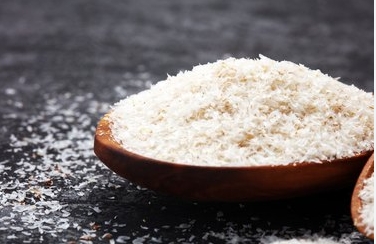
Inulin vs. Psyllium Husk
Both psyllium husk (PH) and bulk organic inulin powder originate from plant materials, function similarly within the digestive system, provide a minimum number of net carbs,if any, contribute very slight energy levels and sport fantastic fiber contents exceeding common grains by five to seventimes. Despite these similarities, PH differs structurally andfunction wise.
While both types of Husks belong to the familyoffructan categorhy described above—the main difference is that thesehave branching end structures, which give them slightly indigestible qualities yet offer massive fermentative powers within bodilysystems(more specifically intestines), providing great support fort probiotics and existingfriendly flora species living there.
These effects inducelactosphasuppression,which ultimately lowers cholesterollowering capabilities plus LDL receptor activity enhancementand finally ends with reduced systolic numbers for better cardiovascular wellbeing. Several animal trials proved beneficial in controlling postprandial hyperglycaemia and minimising pancreatic lipase secretion.
Inulin Supplements
Inulin powder and capsules are also available as supplements. These provide concentrated amounts to amplify inulin's prebiotic effects. Start with small doses and work up to 10-15 grams per day.
When choosing a supplement, look for products standardized to contain at least 10% inulin content from chicory root. This ensures an effective prebiotic dose.
Potential Side Effects
Inulin is considered safe for most people, but excessive intake may cause side effects like gas, bloating or diarrhea. This is due to the rapid fermentation of inulin by colonic bacteria.
Those with digestive problems like IBS may need to be cautious with high doses of inulin from foods and supplements. Start with small amounts and slowly increase intake.
ABOUT AUTHOR

Celine Xu is a botanist with over 15 years of experience researching and developing plant extracts for nutritional and pharmaceutical applications. She leads an R&D team focused on identification, cultivation and extraction of medicinal plants. Celine Xu earned a Ph.D. in Plant Biology from UC Berkeley and has authored numerous articles in peer-reviewed journals about the health benefits of specific phytochemicals. She frequently speaks at industry conferences about new developments in plant extract research. Celine Xu is dedicated to advancing the scientific understanding of how targeted plant compounds can be used to improve human health.
References:
https://www.ncbi.nlm.nih.gov/pmc/articles/PMC6079596/
https://www.ncbi.nlm.nih.gov/pmc/articles/PMC6560901/
https://www.ncbi.nlm.nih.gov/pmc/articles/PMC2728151/
https://www.ncbi.nlm.nih.gov/pmc/articles/PMC6124841/
https://www.ncbi.nlm.nih.gov/pmc/articles/PMC4298977/
Related Industry Knowledge
- What is the benefit of proline powder?
- Which is better quercetin or fisetin?
- What is Astragalus Extract Good For?
- How to Make Persimmon Extract
- Piperine vs Capsaicin
- What Foods Contain Capsaicin?
- Is Creatine Monohydrate Vegetarian?
- The Safety and Benefits of Vitamin B12 Powder
- Unraveling the Mysteries of L-Serine Powder: A Versatile Health Booster
- Discover the Magic of Corydalis Rhizome Extract
